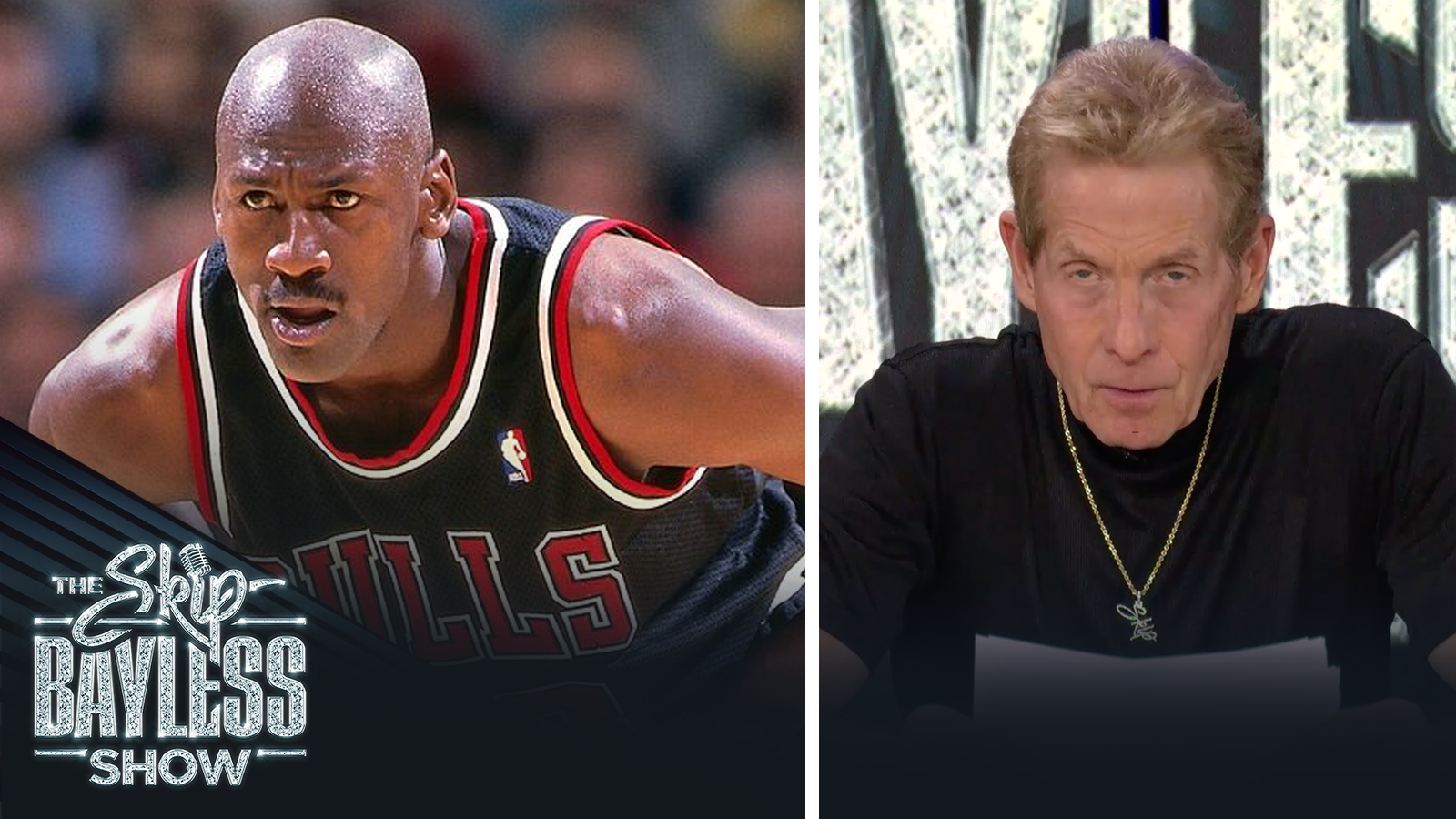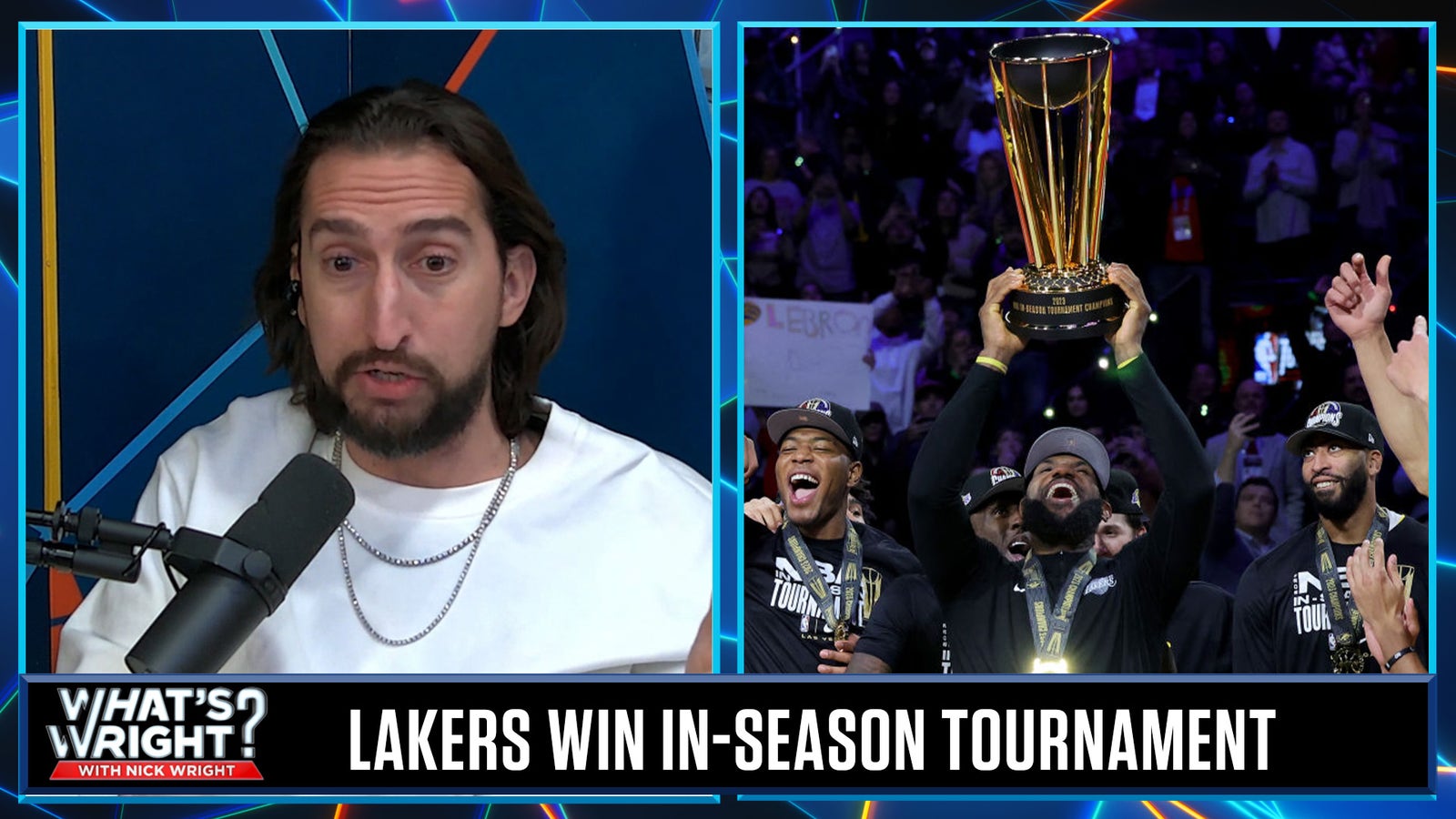
NBA Confidential: How In-Season Tournament can become even better
The NBA's inaugural in-season tournament wasn't just successful in the eyes of league GMs, scouts and executives — it was also inspiring.
The universal response from those surveyed by FOX Sports is that the tournament accomplished the league goal of raising the competitive spirit of early-season games, thanks to the prize money offered and the bragging rights on the line. Whatever frustration fans feel about load management and some players appearing to be indifferent about trying to win every game possible, especially early in the season, know that many team talent evaluators and personnel decision-makers feel the same way.
"Loved it," one Western Conference GM said.
"Great success," another said.
"Big fan," a Western Conference scout said. "The tournament was a rousing success in creating more interest in the game while keeping the game the main thing. Not only did fans — especially younger fans — embrace the concept, but our players appeared to do so as well. It blended the talent and athleticism of pro basketball with the win-or-go-home element of the college tournament. Brilliant."
[Lakers' strategy in winning inaugural NBA Cup: Old-school basketball]
Even an Eastern Conference scout who would be content without a tournament had to concede its effectiveness.
"To me, it's a gimmick taking away from the regular season, but I'm a traditionalist," he said. "But it produced some high-level games and it accomplished what the league wanted by increasing interest in games before Christmas."
But not only did the vast majority surveyed feel the tournament increased the entertainment value of games traditionally ignored by general sports fans in favor of football — college and pro — but they were quick to offer ideas that could make it even better.
The most bold might have been keeping pool play and the knockout rounds in the early season but saving the finals for All-Star Weekend as part of an overall revamping of that event.
"Use the tournament to help fix the league's one remaining albatross, All-Star Weekend," the Western Conference scout said. He suggested the championship game replace the traditional All-Star Game on Sunday. Traditional All-Star squads would be selected, but they would compete on Saturday in skills events and a U.S.-born vs. foreign-born All-Star game with a winner-take-all money prize.
He also suggested the In-Season Tournament trophy be named "The David J. Stern Cup," in honor of the late commissioner, prize money for everyone in the organization be included and all-tournament teams be selected from the semi-finalists.
"All good ideas become institutional when they spread the rewards to as many people as possible," he said.
All those ideas would, of course, inflate the overall cost of the tournament. There were reports that suggested the bump in TV ratings might not have been fiscally worth the existing outlay in prize money — a minimum of $50,000 for every player whose team reached the quarterfinals and as much as $500,000 for every member of the tournament-winning Los Angeles Lakers — along with the construction of custom-made courts and uniforms.
[Lakers to raise banner for In-Season Tournament win, but with a twist]
While no one disputed that the overall financial gain from the inaugural tournament may have been minimal, several executives believe its financial value will only grow exponentially.
"Short-term, it was probably a wash," one Western Conference GM said, "but the league didn't try to monetize it short-term so that's kind of a fake criticism. It's going to add tons of money to the league in the next TV deal because ratings were great, so it will definitely will prove to be hugely profitable in the long-term."
The Western Conference scout believes the league could fully monetize it by making it a stand-alone event. "Sell the tournament games and the finals as a separate competition to a third-party media company or have current partners bid to keep it," he said.
If there was any element that the executives and scouts would like to see changed, it was the garish-colored custom courts, designed presumably so that viewers instantly knew they were watching a tournament contest.
"Having a unique court design made sense but the designs were over the top and very distracting," an Eastern Conference executive said.
Several executives also would like to see a bigger team dividend attached to winning the tournament.
"There should be a basketball reward beyond money to tournament wins," one said. "Maybe a point system where results of tournament games mean more than regular-season ones. Or they're used as tiebreakers for playoff or play-in spots instead of the current tiebreakers."
For now, though, all those asked were simply excited that the tournament served to put more stars on the court playing hard at a time in the season where that is not always a given. That young stars such as Tyrese Haliburton and Bennedict Mathurin for the runner-up Indiana Pacers got a taste of playoff-ish competition for the first time in their careers was also considered an important dividend.
[Tyrese Haliburton's future looks bright after impressive In-Season Tournament]
"Right now, from a basketball perspective, winning the tournament is only slightly more valuable than winning Summer League, if you eliminate the value of the games in the regular-season win column," the Eastern Conference executive said. "But anything that gets stars to play and actually compete in games they previously would have used for load management is a positive. It's also a good introduction for the rookie class to play with something at stake."











